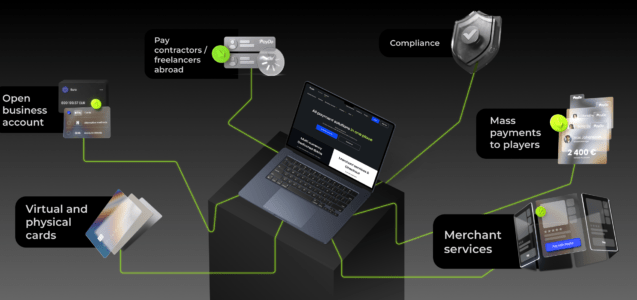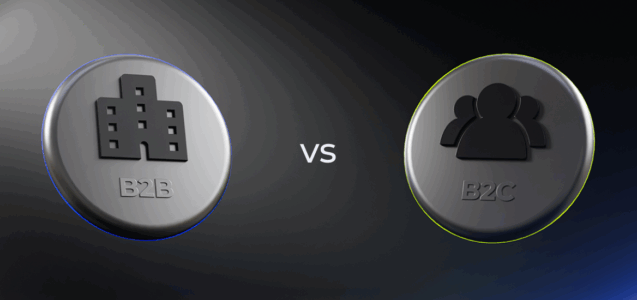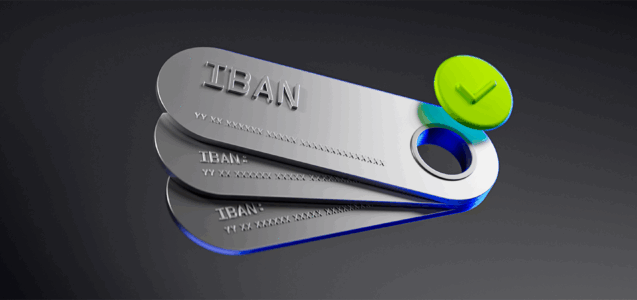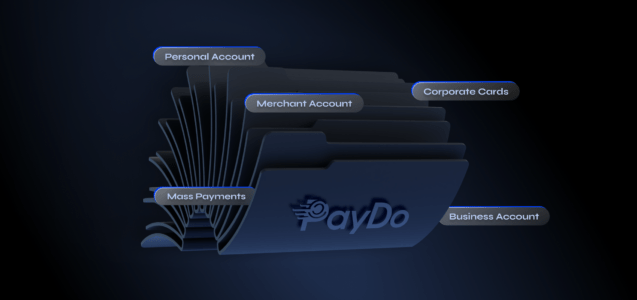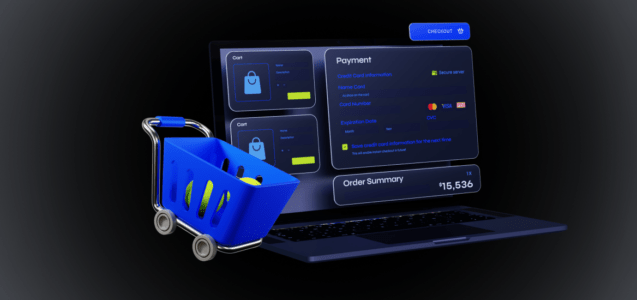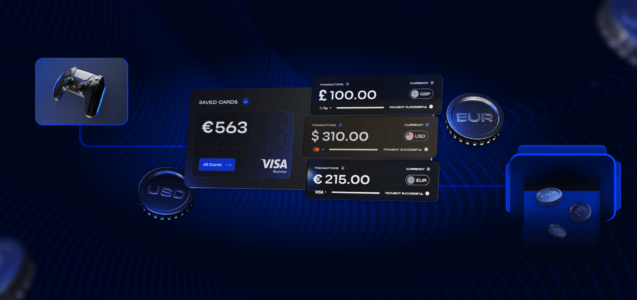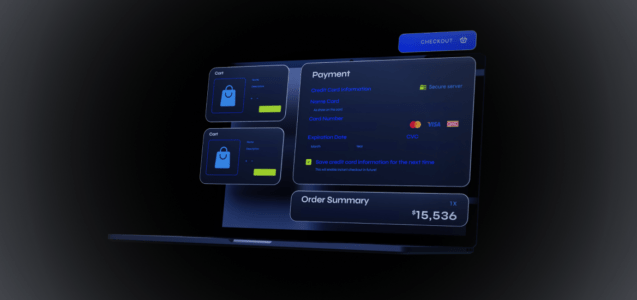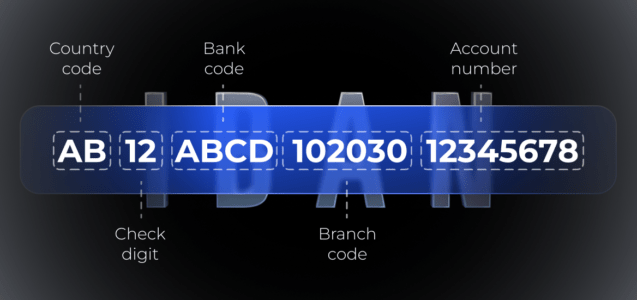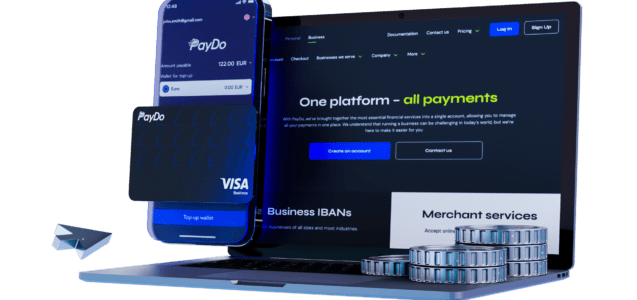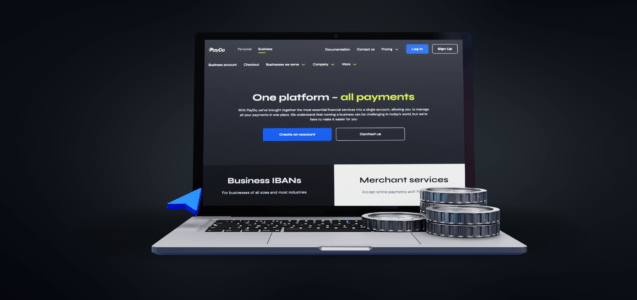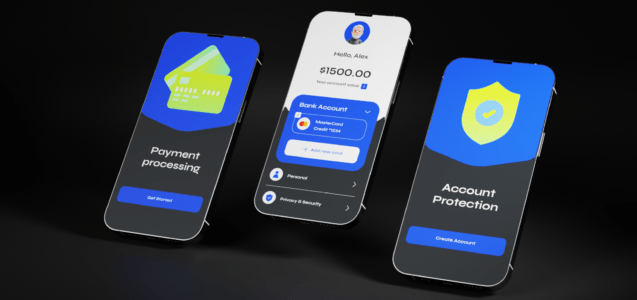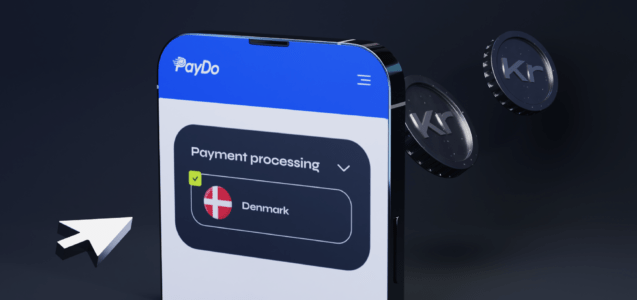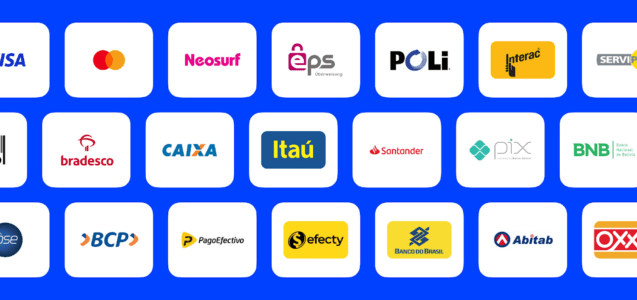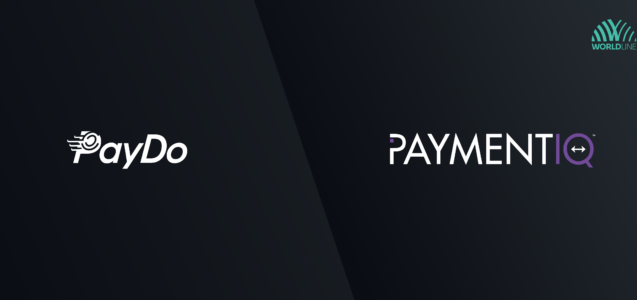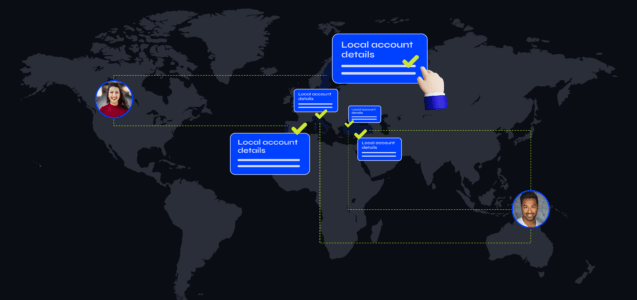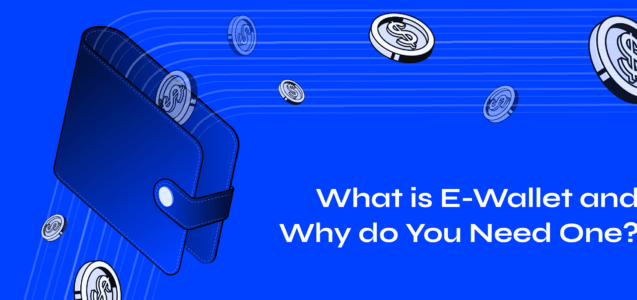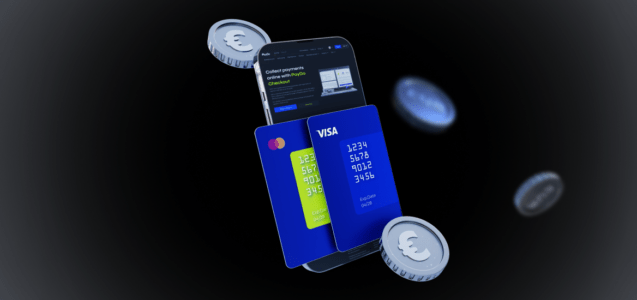In the digital age, the world of finance has seen a paradigm shift. Traditional banking has given way to digital banking, and online transactions have become the norm. According to a report by Grand View Research, the global digital banking market size was valued at $20.8 billion in 2021 and is expected to expand at a compound annual growth rate (CAGR) of 20.5% from 2023 to 2030. The market will gain 1/5 every year for seven years. Notably, this shift has brought challenges, especially for IT companies that often deal with high-risk transfers from clients in multiple currencies.
This article explores how PayDo, a leading fintech firm, is revolutionizing high-risk transfers for IT companies. We delve into the main challenges linked to high-risk transfers and explore PayDo’s role in addressing them. Besides, we answer some of the most common questions about high-risk transfers.
The Main Challenges of High-Risk Transfers
High-risk transfers pose significant challenges for IT companies. These challenges primarily revolve around the need to open a business account that can handle high-risk counterparties and the need to manage multiple currencies for payments.
- Opening a Business Account for High-Risk Counterparties. IT companies often deal with clients or partners who may be considered high-risk due to their geographical location, industry, or the nature of their transactions. Opening a business account that can accommodate these high-risk counterparties can be a complex process, requiring extensive due diligence and compliance checks. Moreover, many traditional banks are reluctant to service high-risk businesses due to the increased regulatory scrutiny and potential reputational risk.
- Managing Multiple Currencies. IT companies operating on a global scale need to handle payments in multiple currencies. This presents a challenge as fluctuating exchange rates can impact the company’s bottom line. Moreover, not all financial institutions offer multi-currency accounts, and those that do often charge high fees for currency conversion.
- Risk Assessment. Risk assessment is a crucial step in financial transactions. It involves identifying and analyzing potential issues that could negatively impact key business initiatives or critical projects. For IT companies dealing with high-risk transfers, this means having a robust risk management system in place to monitor and mitigate potential risks. This includes conducting thorough due diligence on clients, monitoring transactions for suspicious activities, and ensuring compliance with all relevant laws and regulations.
How PayDo Helps to Solve Challenges
PayDo, a reputable UK-based electronic money institution (EMI) has developed a unique payment platform that combines neobanking, local and international money transfers, anti-fraud, checkout merchant services, and mass payments in one dashboard, one digital contract, and one point of contact. This one-stop solution covers all payment needs to run a successful online business.
Here’s how PayDo facilitates the acceptance of high-risk payments:
- Comprehensive Financial Services. PayDo’s platform is a one-stop solution that combines neobanking, local and international money transfers, anti-fraud measures, checkout merchant services, and mass payments. This comprehensive approach means businesses can manage all their financial operations from a single dashboard, eliminating the need for multiple contracts and points of contact. This not only simplifies financial management but also enhances efficiency and productivity.
- Local and International Money Transfers. PayDo supports local and cross-border money transfers in over 35 currencies across 150 countries. This extensive coverage allows businesses to send and receive payments from clients and partners worldwide, making it an ideal solution for global operations.
- Anti-Fraud Measures. The platform uses advanced anti-fraud measures to ensure the safety and integrity of all transactions. This includes conducting thorough due diligence on customers, monitoring transactions for suspicious activities, and implementing robust security protocols to prevent unauthorized access and data breaches.
- Checkout Merchant Services. PayDo Checkout is a comprehensive payment solution for merchants. It can be directly integrated via API, plugins, and methods allowing businesses to collect payments quickly across various devices. The checkout page is designed to increase conversion rates, with end-shoppers able to log in to their PayDo account and pay in one click using a linked card, PayDo account balance, or alternative payment methods.
- Mass Payments. PayDo’s Mass Payments service enables businesses to conduct multiple payments to PayDo clients. This can be done by integrating the API into the business’s website. This feature is particularly useful for businesses that need to make regular payouts to end-users from their websites.
- User-Friendly Platform. PayDo’s platform is designed with user experience in mind. The dashboard is intuitive and easy to navigate, making it easy for businesses to manage their payments, and monitor transactions. The platform also offers a range of tools and features to help businesses optimize their financial operations.
- Regulatory Compliance. PayDo is an EMI regulated by the UK Financial Conduct Authority (FCA). This ensures that all transactions are conducted in compliance with the highest regulatory standards, providing businesses with peace of mind and confidence in their financial operations.
PayDo empowers businesses to accept high-risk payments without hassle and bustle. Our platform handle these types of payments without you getting any stress.
Summary
In the ever-evolving landscape of online transactions, PayDo stands out as a comprehensive solution for businesses, especially those dealing with high-risk transfers. With its unique combination of services, PayDo provides a one-stop solution for all payment needs. It is ideal for IT companies looking to accept high-risk transfers from clients in multiple currencies.
Are you ready to take your business to the next level with PayDo? Contact us today to learn more about our services and how we can help you manage your high-risk transfers efficiently and securely.
Top 4 Questions About High-Risk Transfers
- What makes a transfer high-risk? A transfer is considered high-risk if it involves large amounts of money, originates from a high-risk country, or is related to a high-risk industry.
- How does PayDo mitigate the risks associated with high-risk transfers? PayDo uses advanced anti-fraud measures and complies with all relevant regulations to ensure the security of all transactions. It is regulated by the UK FCA.
- What are the benefits of using PayDo for high-risk transfers? Advanced anti-fraud measures, regulatory compliance, a user-friendly platform, and the ability to support over 35 currencies are among the benefits of using PayDo for high-risk transfers.
- Can I receive high-risk payments in multiple currencies? Yes indeed. PayDo supports more than 35 currencies. This means one can receive high-risk transfers in multiple currencies.



